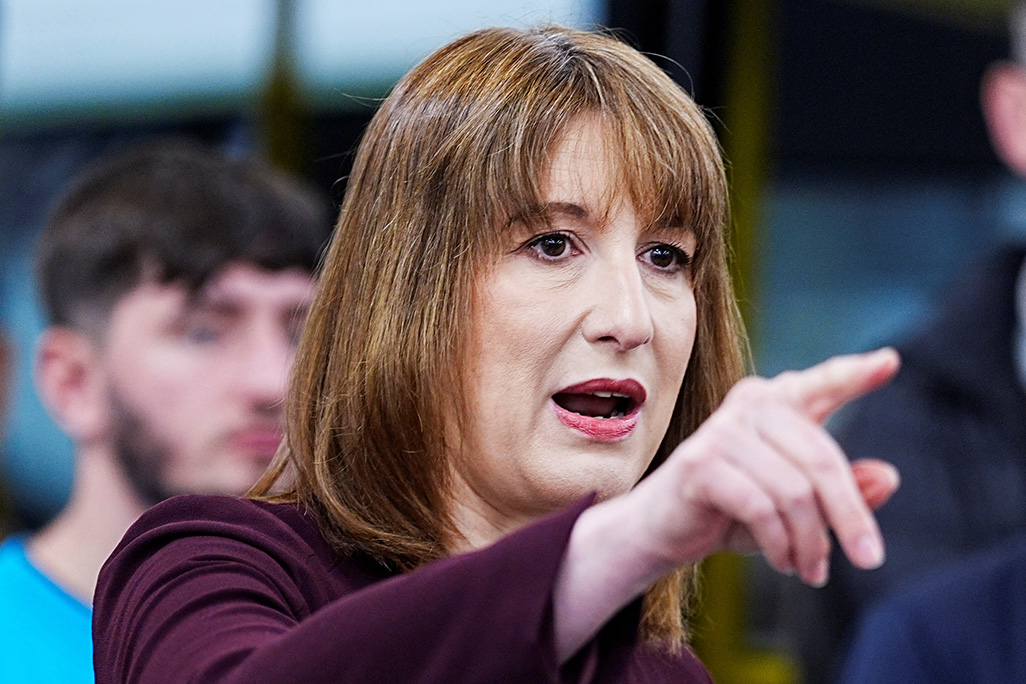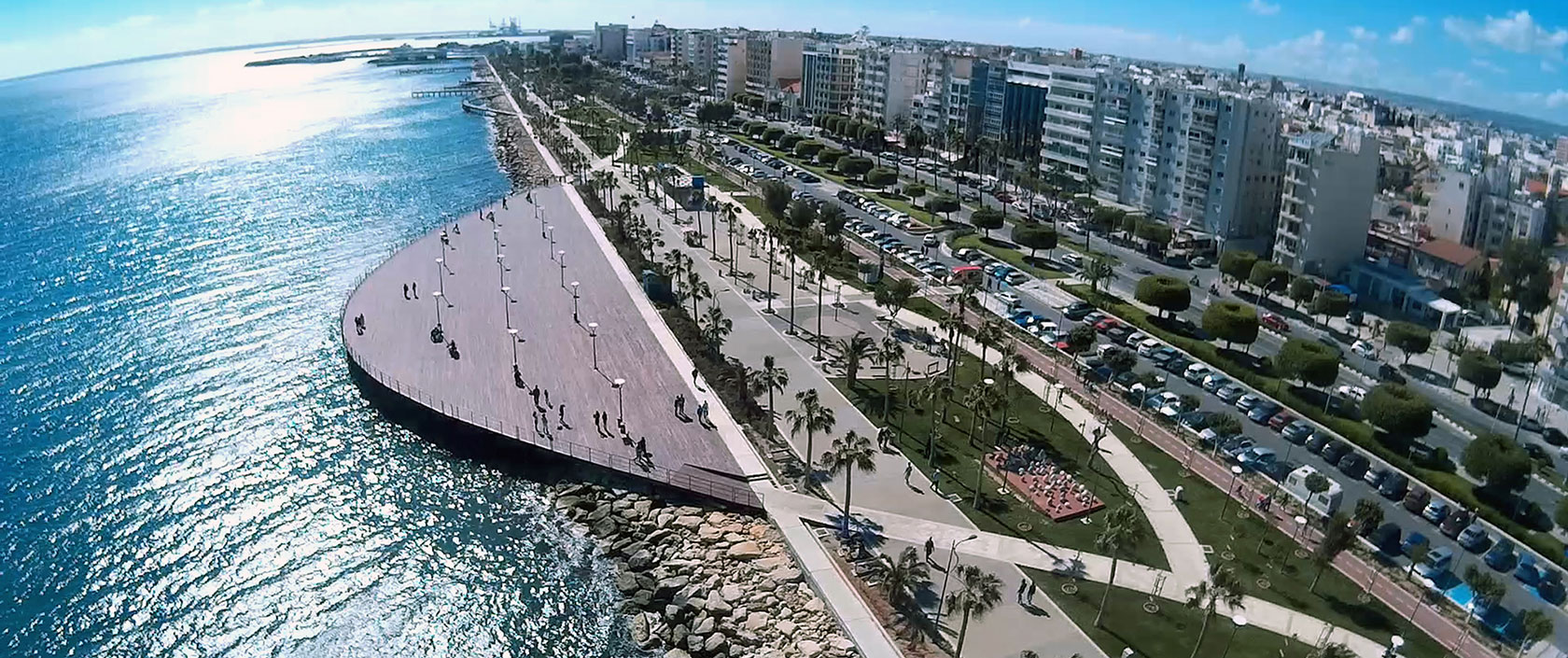British Chancellor Rachel Reeves will divvy up more than 2 trillion pounds ($2.7 trillion) of public money between her ministerial colleagues on Wednesday, making choices that will define what the year-old Labour government can achieve in the next four years.
Prime Minister Keir Starmer and Reeves will have to pick between the demands of the public health service – which absorbs around 40% of day-to-day departmental spending – increased defence commitments and other priorities including policing, energy infrastructure, transport and housing.
“There are good things I have had to say no to,” Reeves told reporters on Wednesday at an event to promote 16 billion pounds of regional public transport investment that will form part of next week’s package.
Labour has said that growth is its top priority and that its decisions led Britain to be the fastest-growing country in the Group of Seven in the first quarter of 2025. But the IMF expects UK growth to lag behind the United States and Canada in years to come and be only slightly faster than the euro zone.
The review comes at a tricky time for the government, which won a sweeping parliamentary majority in July 2024 but has since seen its popularity slide, falling behind Brexit campaigner Nigel Farage’s right-wing Reform Party in local council elections in England last month.
Following that, citing improved public finances and growth, the government decided to at least partially restore heating subsidies for pensioners, which it removed from millions shortly after the election, damaging its popularity.
Reeves set out the contours of next week’s spending plans at her first budget in October, so there should be no big surprises for financial markets overall, although individual sectors may have winners and losers.
“Unless Rachel Reeves comes out and says ‘I am changing the spending envelope’, the market should be broadly ambivalent,” Deutsche Bank’s chief UK economist, Sanjay Raja, said.
Day-to-day spending on public services is due to rise by an average of 1.2% a year on top of inflation between 2026-27 and 2028-29, while capital budgets will increase by an average of 1.3% in real terms through to 2029-30, according to estimates from the Institute for Fiscal Studies think tank.
Both rates of growth are much slower than in the current financial year, when investment spending is set to jump by 11.6% and current spending rises by 2.5%.
The spending increases are unlikely to be shared out equally. Capital-intensive plans to raise defence spending to 2.5% of gross domestic product, announced by Starmer in February, mean other departments will see no real-terms increase in the pace of investment after this year, the IFS estimates.
For day-to-day spending, increasing the health budget by 2 percentage points more than the average – as was typical when Labour was last in power before 2010 – would mean real-terms cuts of 1% a year for other departments, the IFS said.
The opposition Conservative Party said Reeves’ spending since taking office was likely to increase debt interest costs by 80 billion pounds by the time of the next election in 2029.
“We can expect her to trumpet all of the additional projects and programmes she is funding – without mentioning the fact it is all being paid for from borrowing,” Conservative finance spokesperson Mel Stride said.
UNCERTAIN PRIORITIES
Labour lawmakers with an interest in departments where spending might be squeezed are nervous.
Florence Eshalomi, who chairs parliament’s committee on housing and local government, has written to Reeves saying allocations in the spending review needed to match the government’s ambitions to build 1.5 million homes by 2029, as set out in the manifesto it was elected to deliver.
“We appreciate the many challenges, but this is a key mission for the government,” Eshalomi told Reuters, adding government needed to “do something differently” to ease the housing crisis and couldn’t rely solely on the private sector.
Chris Curtis, who chairs a group of Labour parliamentarians focused on boosting economic growth, said the government could not focus solely on short-term problems.
“Those demanding ‘jam today’ are ignoring the reality that without growth, public services and living standards will stagnate further. We’ve got to make tough choices now, or we’ll soon be facing impossible ones,” he said.
Businesses and investors are also keen to see how Reeves makes her sums add up.
Tax rises are not an option as Reeves has said she only intends to change tax policy once a year, and she has barely any room to borrow more without breaking what she has often said is an “ironclad” commitment to new fiscal rules.
The review is “zero-based” meaning in principle some whole areas of public spending can be cut. In practice, savings are more likely through a mix of reducing the number of civil servants, squeezing public-sector pay or vaguer efficiency savings, said Raoul Ruparel, director of Boston Consulting Group’s Centre for Growth.
But if the spending plans imply some government departments will have to make efficiency gains on a scale not seen in recent years, then future tax rises become more likely.
“It’s a very difficult path to navigate,” said Deutsche Bank’s Raja, who expects Reeves will have to announce 10-15 billion pounds of tax rises in her next annual budget in the autumn. “Tax rises are inevitable,” he said.







Click here to change your cookie preferences